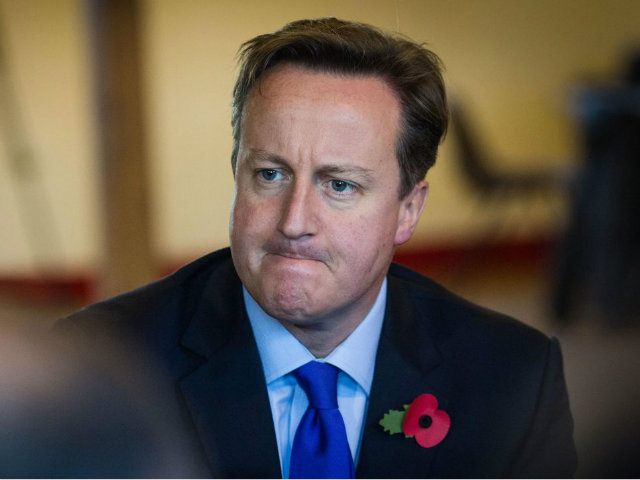The Conservatives are drawing up plans to fast-track a referendum on EU membership, bringing it forward to 2016. Sources close to the Prime Minister have said that he wishes to avoid any clash with German and French politics – both countries see general elections in 2017 – but Eurosceptics are concerned that the Prime Minister is attempting to limit the time available to make the case for a Brexit.
As the dust settles from the surprise Conservative victory in last week’s general election, Mr Cameron has declared a mandate from the British people to enter into renegotiations with Brussels over the form of Britain’s relationship with the EU. He plans to put the results of those negotiations to the British people as an alternative to leaving the bloc.
Speaking to the 1922 Committee of backbench Conservative Party members yesterday, Mr Cameron is reported to have told them on renegotiation: “We have a mandate. It is going to be tough.”
Government aides have said that Downing Street is keen to move quickly on the timing of the referendum. One source told the Guardian: “The mood now is definitely to accelerate the process and give us the option of holding the referendum in 2016. We had always said that 2017 was a deadline rather than a fixed date.”
The sources suggested that the scale of the Conservative victory, gaining a majority when a hung parliament was expected, has changed the negotiating landscape in Brussels, making it easier to complete discussions well ahead of the French presidential elections in the spring of 2017, and the German federal elections due to take place that September.
“It was made pretty clear that the European council would not engage seriously until the election result was clear,” a source has said. “Now they know they have to deal with us and they want the UK to stay in the EU. We expect the negotiations to take place in 2015 and 2016 so they finish well ahead of the French presidential elections and the German federal elections.”
A parliamentary bill to approve the referendum will be included in the Queen’s Speech, due to take place on May 27th. If the House of Lords do not object, the bill is likely to be on the statue books by the end of the year, paving the way for a referendum by 2016.
But eurosceptic groups, who want to maximise the amount of time they have to make a credible case for a British exit from the EU, are dismayed by the push from Downing Street.
Rory Broomfield, director of the Freedom Association which runs the Better Off Out campaign, said “It is highly unlikely that a 2016 referendum would give enough time for a meaningful renegotiation. Whether or not the referendum clashes with other elections should not be the Prime Minister’s concern. As Prime Minister, David Cameron’s priority should be to try and get the best deal for the British people; not to try and make things convenient for the French or German politicians.”
In the run up to the general election, Mr Cameron took to the pages of the Telegraph to lay out his stall on Britain’s membership of the EU and the renegotiation which he wishes to enact, and that “Britain and Europe need”, saying “This is an ambitious agenda for a new European Union. Delivering it will take time and patience.”
“Mr Cameron should be true to his word,” said Mr Broomfield. “Eurosceptics have been working together and are ready to fight the referendum campaign whenever it comes. If David Cameron tries to recreate the Howard Wilson negotiation in the 1970s, people are ready to call him out.”
Matthew Elliott, Chief Executive of Business for Britain told Breitbart London: “Britain needs to get the best deal from the renegotiation, not fast-forward to the referendum. The EU need’s wide ranging changes, not just tinkering at the edges. A rushed process would severely undermine the chances to secure a significant deal that both British business and voters could support and would waste the opportunity of a lifetime.”

COMMENTS
Please let us know if you're having issues with commenting.